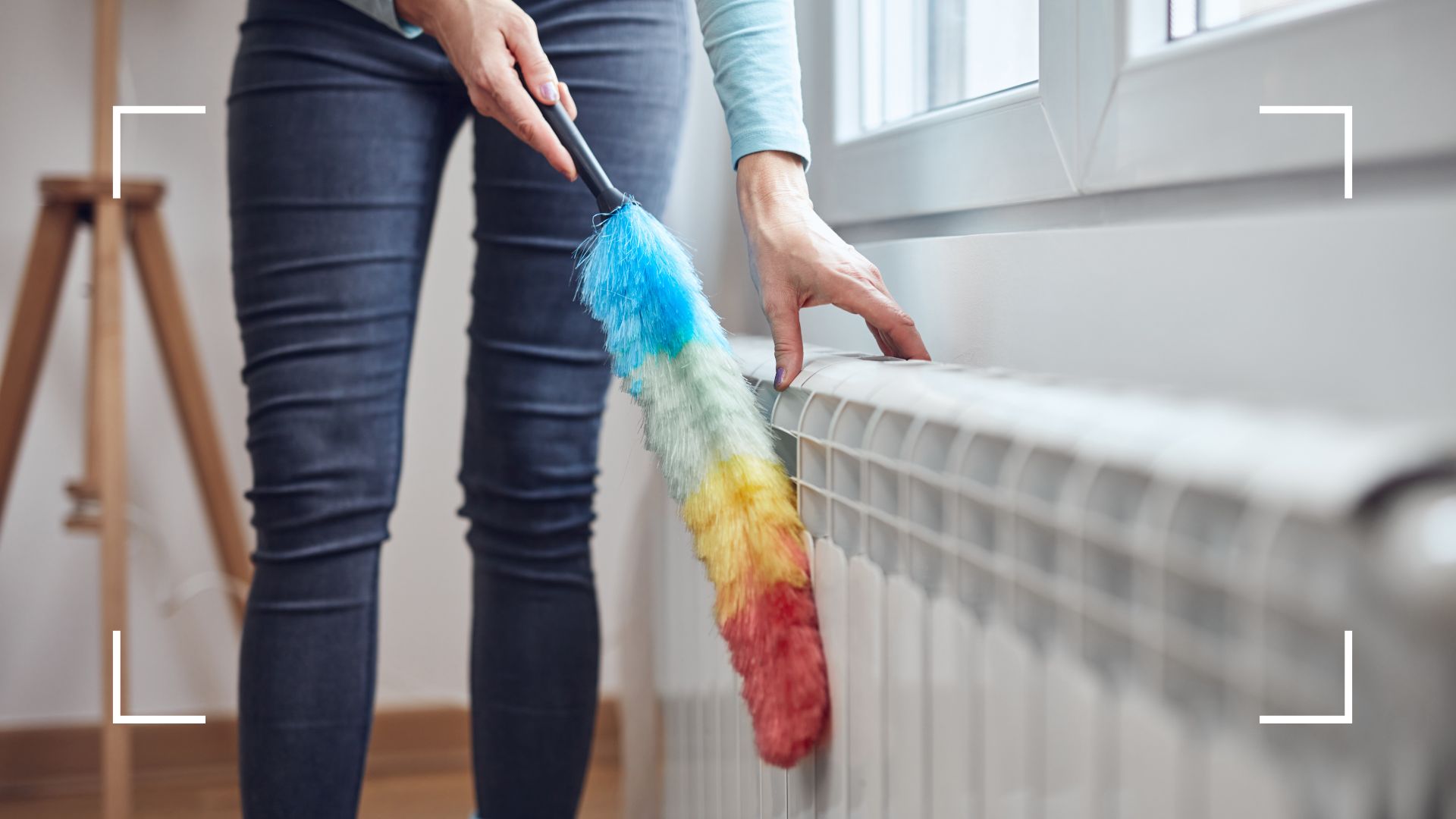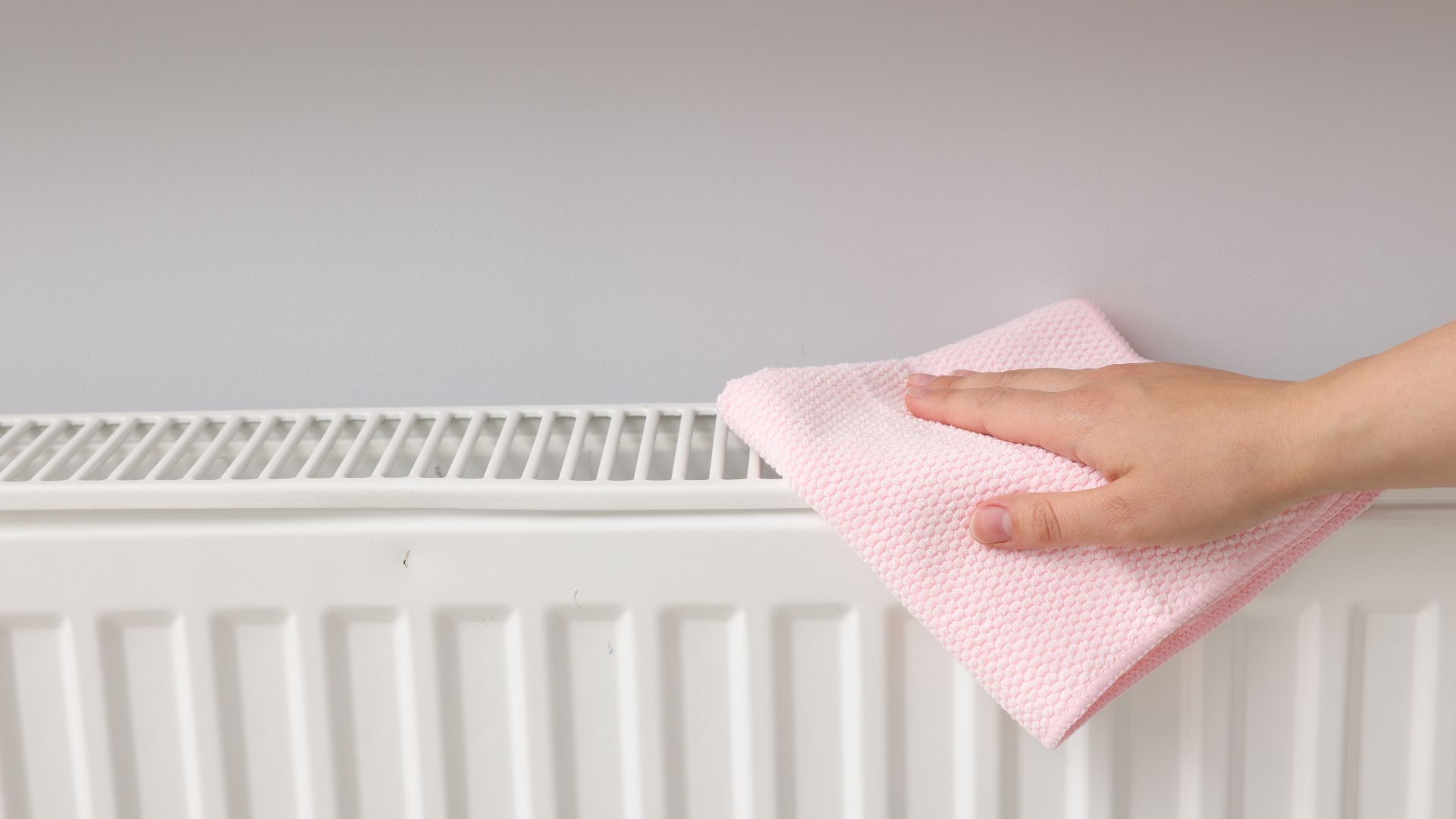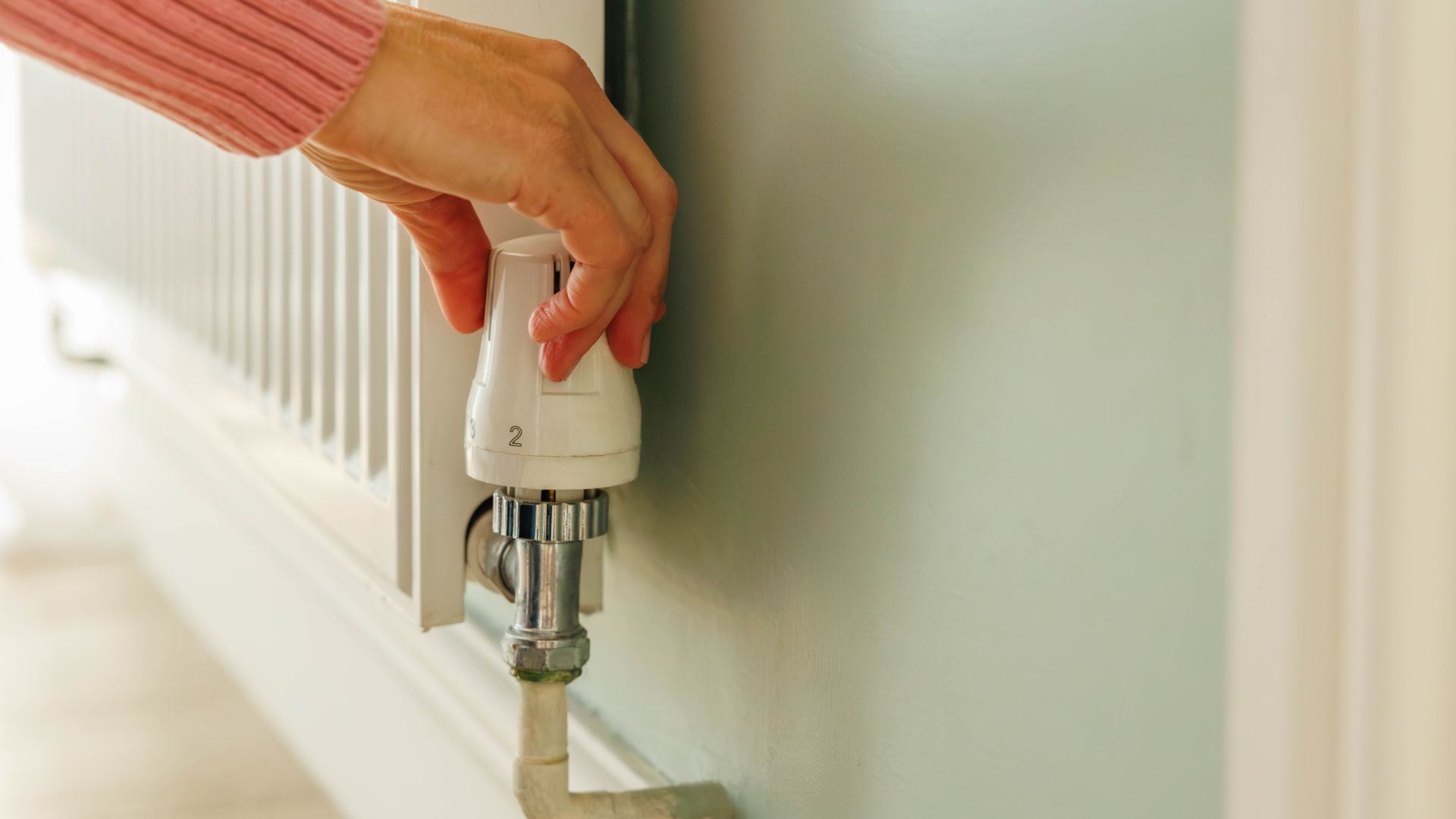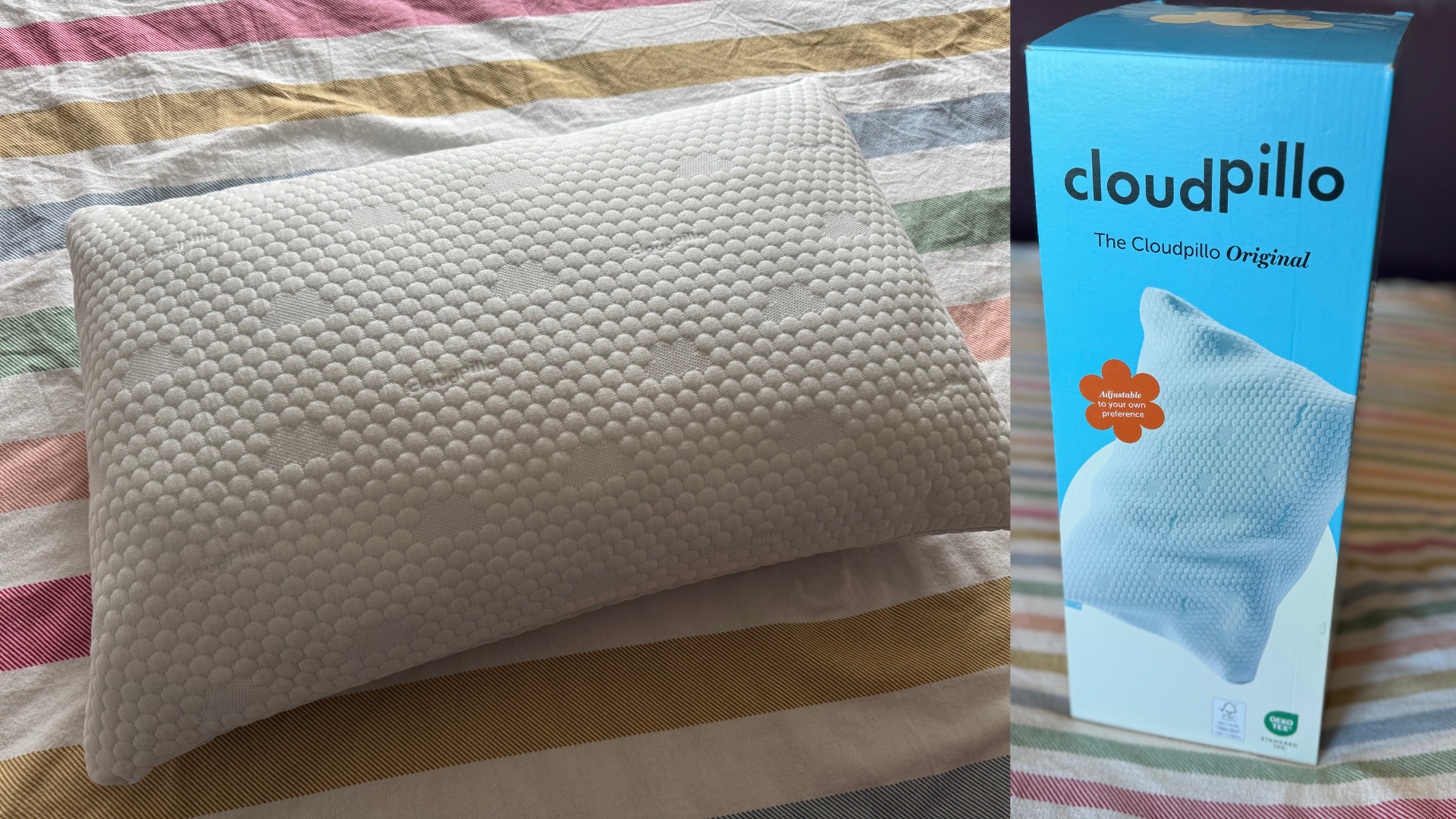Heating experts warn of potentially harmful mistakes too many make when cleaning radiators
These common radiator cleaning mistakes could not only be damaging radiators but also be putting your health at risk


Cleaning your radiators may seem like a simple enough task, however, heating experts have revealed that most people make common mistakes when tackling this seemingly simple cleaning chore.
Whether you think you know how to clean radiators or have never given the task much thought, the chances are you've made these potentially harmful mistakes once or twice.
Similar to how there are several common kitchen cleaning mistakes to avoid, when cleaning your radiator you have to be far more cautious than you might think.
Luckily heating experts have shared the number one mistSo don't leave your radiator cleaning on the bottom of your spring clean checklist and make sure to avoid this mistake during your next weekly clean.
The most common radiator cleaning mistakes to avoid
So what is this mistake? According to Jess Steele, a heating technology expert at BestHeating, it's using antibacterial products when cleaning. When cleaning your house you will more likely than not use antibacterial products in every room, so why not radiators?
Jess explains, "One of the products to steer clear of when cleaning the radiators is antibacterial products, specifically aerosols and sprays as these pose a huge fire risk. The chemicals in products such as Fabulosa and Zoflora react to heat and in a worst-case scenario could explode."

It's not just antibacterial products that Jess warns against using, you should also stay well clear of any abrasive materials.
Sign up for the woman&home newsletter
Sign up to our free daily email for the latest royal and entertainment news, interesting opinion, expert advice on styling and beauty trends, and no-nonsense guides to the health and wellness questions you want answered.
"When cleaning the exterior of your radiator be careful using abrasive materials like brillo pads which may scratch and damage the surface, and even remove paint. If you notice stubborn stains on your radiator, leave a spray solution on for a few minutes longer than normal and wipe it away with a cloth or a sponge," says Jess.
This is where trust microfibre cloths come in handy as the fibres will gently lift away any dirt and dust whilst keeping your radiator's paint completely intact. We love these Spontex microfibre cloths at Amazon for just £6.78.

Perhaps when it comes to how to deep clean your house you're a fan of using a diluted bleach solution, not an expert cleaning hack but definitely one that does the trick. The bad news is that Jess also says that bleach is one of the chemicals you shouldn't be using on your radiator either, another common cleaning mistake.
"I would suggest avoiding using bleach at all costs as the harsh chemicals can deteriorate the quality of the metal over time and for those with coloured radiators using full-strength bleach could permanently damage the paint and fade the colour," she says.
Instead of bleach, Jess recommends using a solution of white vinegar and water which you can buff into your metal radiator for a streak-free finish. Luckily radiators are on the list of things you can clean with white vinegar, hoorah!
So the next time you set up to clean your radiators make sure you avoid making these common cleaning mistakes and you'll have sparkling radiators without the risk of danger or damage.
So if you can't use anything antibacterial or abrasive to clean your radiator, what can you do? Jess recommends first turning your radiator off for two hours before any cleaning takes place.
After that, you can use your best hair dryer to blow off any excess dust and dirt, use a cool setting here if your tool allows. Then begin cleaning the surface with a cloth dampened in a mixture of water and washing-up liquid. This simple method is perfectly adequate to do the job without causing any damage.

Emily joined woman&home as a staff writer after finishing her MA in Magazine Journalism from City University in 2023. After writing various health and news content, she now specialises in lifestyle, covering unique cleaning hacks, gardening how-tos, and everything to help your houseplants thrive.
-
 The Handmaid's Tale: Does June get Hannah back at the end of season 6?
The Handmaid's Tale: Does June get Hannah back at the end of season 6?It's been June's endgame from the very first moments of The Handmaid's Tale, but will she be reunited with her daughter Hannah at the end of season 6?
By Lucy Wigley
-
 My decades-long quest for the perfect pillow ends here, but forget what you think you know about memory foam
My decades-long quest for the perfect pillow ends here, but forget what you think you know about memory foamPacked full of tiny pieces of shredded memory foam with a dual-sided cover to keep you cool, this is the next best thing to sleeping on a cloud
By Heidi Scrimgeour